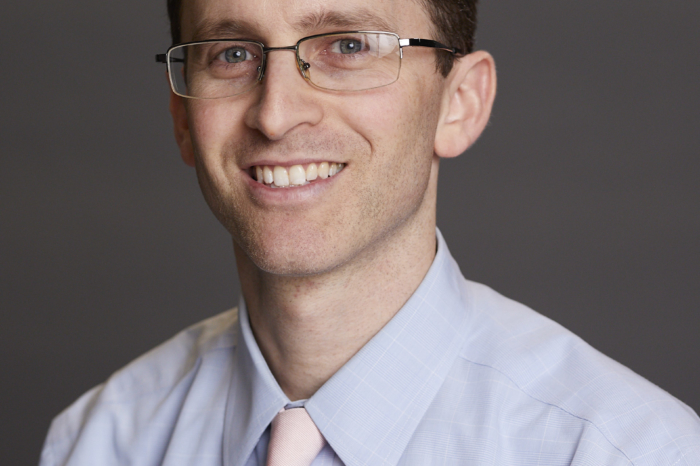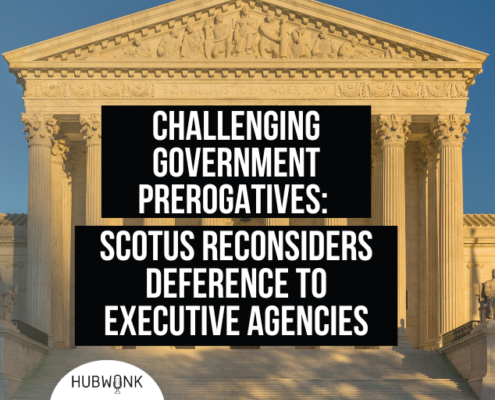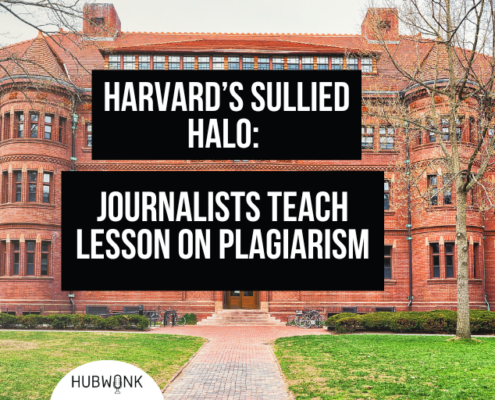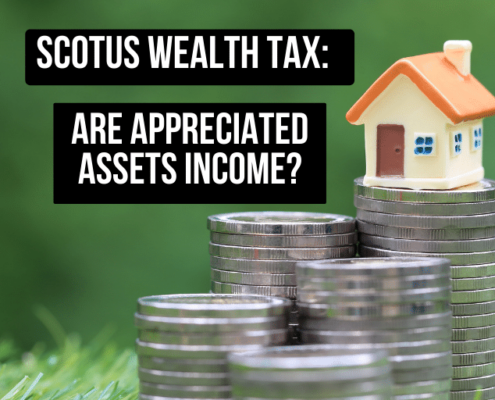COVID & Classrooms: Lessons for Students, Staff, & Society on Reopening Schools
Join host Joe Selvaggi and co-host Rebekah Paxton of Pioneer Institute as they talk with Harvard Medical School Professor Benjamin Sommers on the most current scientific observations regarding the health and safety of reopening schools. The episode looks at the risks to students, teachers, administrators, and the public at large from the novel coronavirus, and offers ideas for optimizing outcomes in the fall.
Related: New Pioneer Study Looks to International Examples to Inform Massachusetts K-12 Schools Reopening
The Boston Globe op-ed: “Listen to the science. Reopen schools.”
 Dr. Benjamin Sommers is a practicing primary care internist, and he is also Professor of Medicine at Brigham & Women’s Hospital and Harvard Medical School. From 2011-2012, he served as a Senior Advisor in the Office of the Assistant Secretary for Planning and Evaluation, in the U.S. Department of Health and Human Services, and he served part-time in an advisory role from 2013-2015. His current research projects focus on barriers to health care access among low-income adults, insurance markets, and the health and economic effects of state Medicaid policies. He received a PhD in Health Policy from Harvard and an MD from Harvard Medical School.
Dr. Benjamin Sommers is a practicing primary care internist, and he is also Professor of Medicine at Brigham & Women’s Hospital and Harvard Medical School. From 2011-2012, he served as a Senior Advisor in the Office of the Assistant Secretary for Planning and Evaluation, in the U.S. Department of Health and Human Services, and he served part-time in an advisory role from 2013-2015. His current research projects focus on barriers to health care access among low-income adults, insurance markets, and the health and economic effects of state Medicaid policies. He received a PhD in Health Policy from Harvard and an MD from Harvard Medical School.
Hubwonk Host: Joe Selvaggi is the host of Hubwonk. Joe is a U.S. Navy veteran, entrepreneur, investment professional, former candidate for US Congress, and political commentator. He holds a Bachelor of Science in Engineering from Worcester Polytechnic Institute and a Master of Public Administration from Harvard Kennedy School. He lives in Boston.
Co-host: Rebekah Paxton is a Research Analyst at Pioneer Institute. She first joined Pioneer in 2017 as a Roger Perry intern, writing about various transparency issues within the Commonwealth, including fiscal policy and higher education. Since then, she has worked on various research projects under PioneerPublic and PioneerOpportunity, in areas of state finance, public policy, and labor relations. She earned an M.A. in Political Science and a B.A. in Political Science and Economics, from Boston University, where she graduated summa cum laude.
Get new episodes of Hubwonk in your inbox!
Related Posts:









